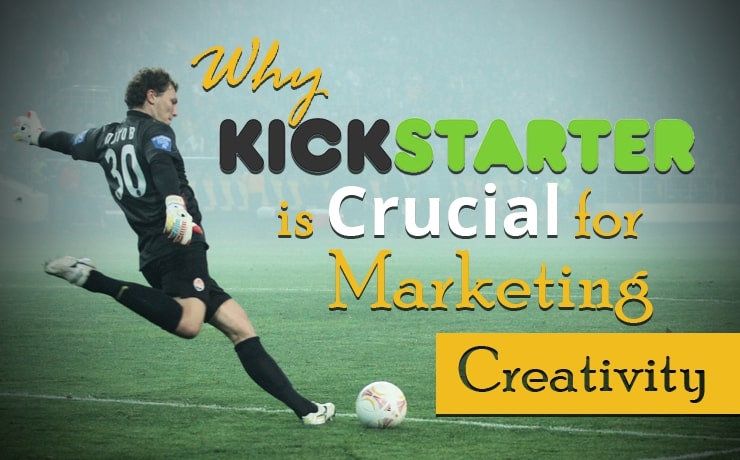5 Components Of A Strong Small Business Website

Ashley Moffitt
Senior Project Manager

Whether you are in the business of freelance delivery, photography, or retail, having a great website is crucial for your company’s success. An increasing number of consumers are going online to procure services and products, and that’s why small businesses should start creating engaging websites to better engage their target markets. Here is how you can keep up with the online marketplace by building a strong small business website.
Acquire a Proper Domain Name
Every small business website will require a domain name. It allows consumers to access your website, as well as find and identify computers on the Internet.
When you decide which domain name to use, here are some pointers to consider:
- Keep it short and simple – Ensure that your domain name is easy to spell to allow online users to remember your business page.
- Memorable – Apart from keeping your domain name easy to remember, you can also come up with a catchy name.
- Number and hyphens – Avoid using numbers, hyphens, or complex combinations of letters and numbers.
- Domain extension – A website will typically end with a domain extension that features .com, .net, .co, etc. It may be a good idea to look at what other similar businesses are using.
- Pricing – Registering a domain name would typically cost around $20-$30. If your desired web name is already taken, you can offer a reasonable price to take over from the current owner.
- SEO-friendly URL – Having an SEO-friendly web address can potentially increase your traffic. For instance, www.comfortableshirts.com.
Website Hosting
A company that offers services to enable a small business website to be visible online is called a website host. Once you have come up with your domain name, you can connect the web address to your hosting provider. Online users will then be able to view your website when they search for your web address. Depending on the support you require, hosting services typically cost anywhere between $5-$150 per month.
Once you have registered with a hosting provider, you can proceed to create a basic website template. When you display a clear description of your business, it will allow online users to know who you are and what services or products you can offer as soon as they enter your website. A homepage banner is normally used as a visual representation of your business like an advertisement. Ensure that your webpage has an introductory description of what you do and what services and products you can offer.
Content Management System
A CMS (content management system) is a platform that is used to not only help you create digital content for your online business but manage it as well. It can be designed according to your specific request and is easy to maintain and update.
E-commerce Platform
If you are planning to sell products or services through your website, an e-commerce platform, such as Magento or WooCommerce, will be required to allow users to make transactions online. Simply put, an e-commerce platform will turn your website into an online store.
Engaging Website User Interface
Creating positive impressions on your online users can drive results significantly. By enhancing your small business website with crisp and clear graphics, easy-to-read fonts, and ensuring a webpage that loads quickly, it will encourage users to re-visit your site.
Next Steps
Search Engine Optimization (SEO) is a set of practices that allows your website to be searched on search engines. When users get online and search for a business, service, or product, they will typically click on the website that appears on the first few pages of a search engine. By implementing the right SEO strategies for your small business website, it will allow your website to have the potential of appearing on the first few pages on a Search Engine Result Page (SERP).
Having a successful small business website is more than just creating it. Maintaining your website is just as important. Ensure that your content, products, or services are always updated and safeguard your website against malicious attacks or hackers. When online users realize that your website is constantly keeping up with current market trends, it can help increase traffic and repeat business. With meticulous preparation, creativity, and constant improvement to your website, you can expect your small business to grow exponentially in the coming years.









